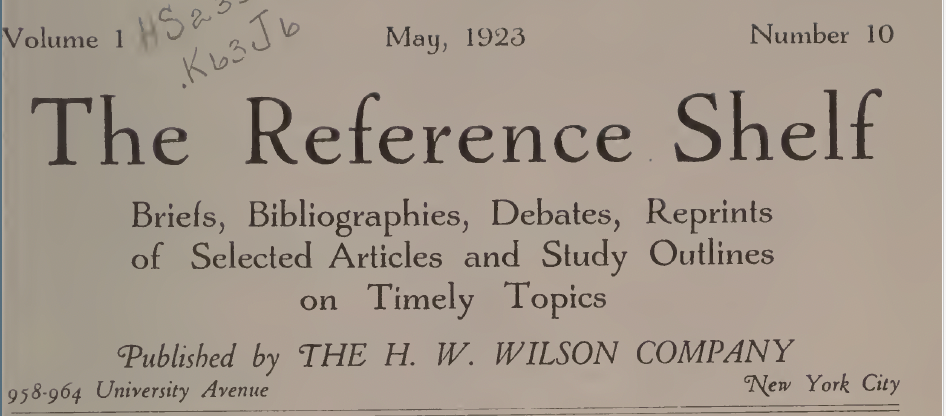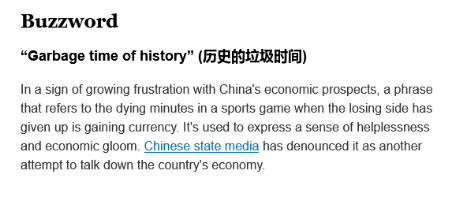New Journal of Sinographic Studies
Launch of the Journal of Sinographic Philologies and Legacies & Call for Papers
The Institute for Sinographic Literatures and Philology at Korea University (Seoul, South Korea) is proud to announce the launch of the Journal of Sinographic Philologies and Legacies (JOSPL), a pioneering venue in the growing field of Sinographic studies. This quarterly, peer-reviewed, interdisciplinary journal is dedicated to the study of the humanistic heritage of East Asia’s Sinographic sphere—a cultural region where Literary Sinitic (漢文) and Sinographs (漢字) functioned as the cosmopolitan language of government, religious institutions, scholarship, and belles-lettres. JOSPL invites submissions that engage critically with this legacy from a broad range of disciplinary perspectives.
Read the rest of this entry »



